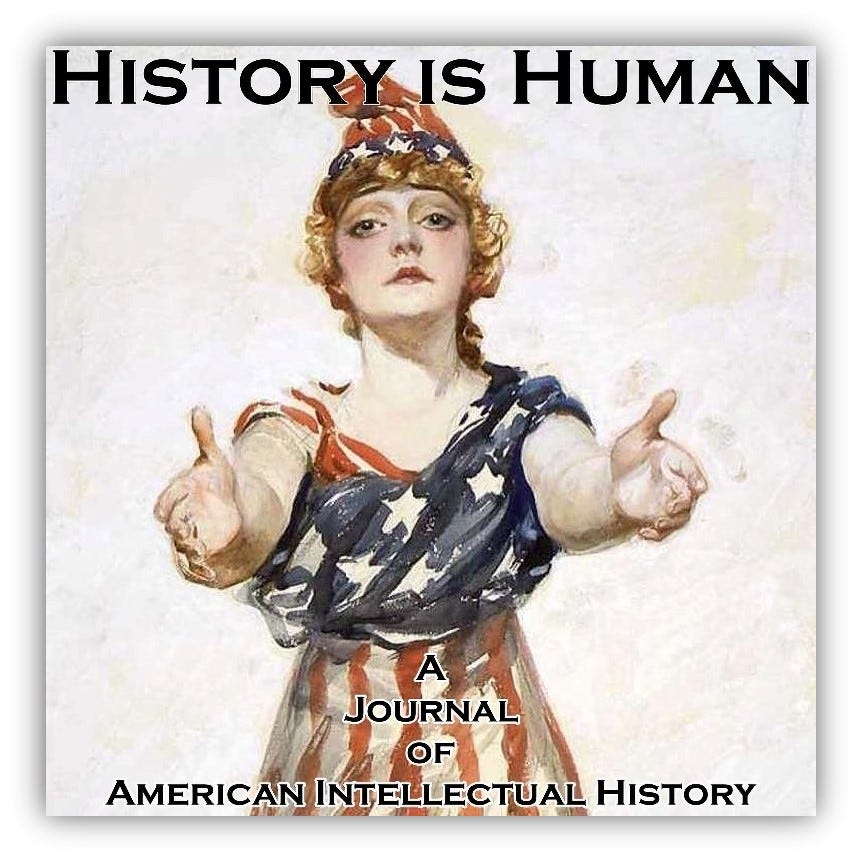[Below is the introduction to a comparative analysis/review that can be read in full (for free) at the History is Human Journal. Please consider joining us at History is Human as a free or paying subscriber. Read the full article here.]
The history of the early American republic and the making of its new constitution may seem a subject where enough ink has been spilled. There are certainly countless works, across many decades, recounting the Philadelphia Convention in 1787, its antecedents, the debates within the walls of Independence Hall, as well as the various state ratification conventions that ultimately led to the adoption of the new U.S. Constitution. The rise of social history beginning in the 1970s—with a motivation to de-emphasize the voices of the politically powerful and draw attention to the historically marginalized and to elevate the voices of the subaltern have also played a role in this. Additionally, growing appeals for a more regionally-conscious Atlantic history (and global history) perspective, and the general loss in prominence of political history, have all contributed to sentiments that scholarship about the framers of the American republic and the U.S. Constitution are less important than ever. This is a precarious subfield, then, for scholars who see this history as relevant to questions regarding legitimate governance and those who believe that the marginalization of this history may well be culpable in the loss of civic knowledge among the population. Two works published in the past fifteen years, Richard Beeman’s Plain, Honest Men and Akhil Reed Amar’s The Words that Made Us provide some of the best scholarship related to the founding of the early American constitutional republic that counter the assumption by those in the historical field that there is nothing new to offer regarding this history. Both works, considerably different from one another in tone and perspective, nevertheless demonstrate that more recent studies on the topic of the U.S. Constitution and its formation offer innovative analysis that are vital to the American history canon.
[James M. Masnov is a Columbian Distinguished Fellow at George Washington University in Washington, DC. He has been a contributor at Pure Insights, the Brownstone Institute, Armstrong Journal of History, and the Oregon Encyclopedia, among other publications. His books include Imperfect Vehicles, available here, Rights Reign Supreme: An Intellectual History of Judicial Review and the Supreme Court, available here, and History Killers and Other Essays by an Intellectual Historian, available here.]
This is a preview of a free article available at History is Human:
A Journal of American Intellectual History. Read the full article
and become a subscriber here.





